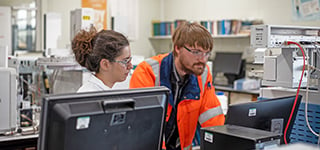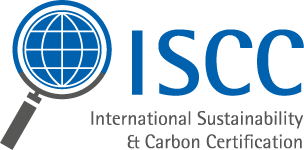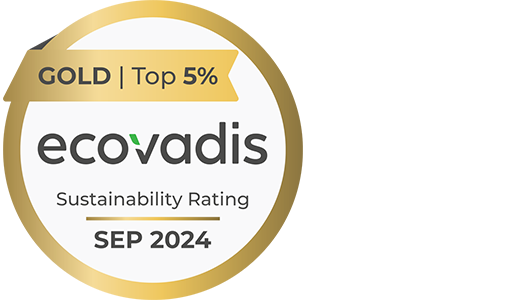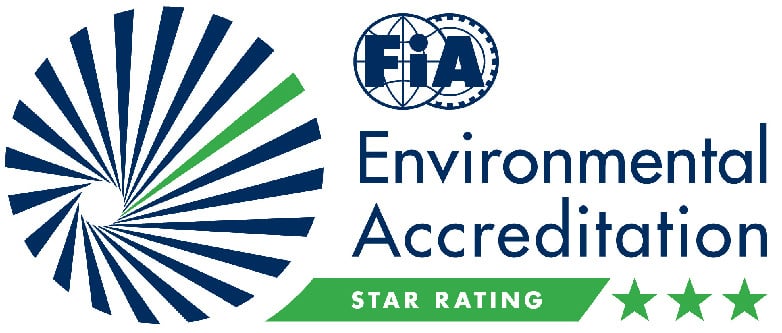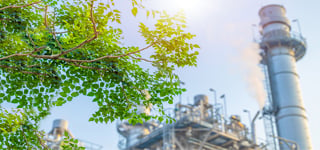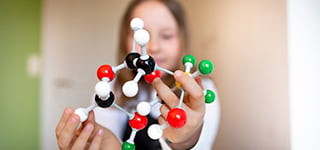
Sustainable Portfolio
Sustainable product solutions innovated by Haltermann Carless.
As a pioneer for high-quality and sustainable hydrocarbons, we already developed fossil-free products long before the environmental and climate protection became the focus of public attention. It was the beginning and the opportunity for us to build up comprehensive know-how in the processing of biogenic and renewable raw materials.
Benefit from our broad portfolio of sustainable solutions from different feedstock and the ISCC PLUS certified mass balance approach. We continuously evaluate new raw materials and develop new ways to manufacture our products more sustainably and efficiently to make the best use of valuable resources.
Feedstock
Sustainable product solutions based on different routes
At Haltermann Carless, we serve our customers with a broad range of sustainable solutions produced in different ways. The composition depends on the product, its application and customer demand. Any of our sustainable products can easily be used as drop-in solution without the need to change processes on the customer side.
Our feedstock options:
Biogenic Feedstock
Circular Materials
Mass Balance Approach
Our recent product developments make an important contribution to greater sustainability
/sunflowers_holding-hands_AdobeStock_377856522_copyright-Alekss_1000x500px.jpg?width=300&name=sunflowers_holding-hands_AdobeStock_377856522_copyright-Alekss_1000x500px.jpg)
The Ecobase portfolio, made from 100% renewable resources, reduces CO2 footprint and is ideal for different industries. ISCC-certified, it’s a versatile drop-in solution for various applications.
More about Ecobase
We make an important contribution to more sustainability in mobility - thanks to our broad portfolio of renewable fuels and our drive to continuously develop new solutions for our customers.
More about our fuels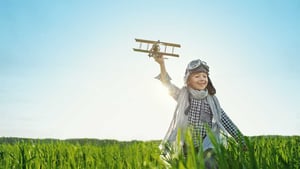
Haltermann Carless supports customers in the development of Sustainable Aviation Fuel.
More about aviation fuels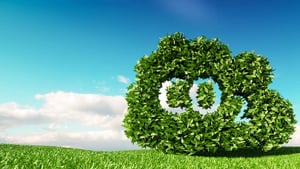
With our mass balanced and ISCC PLUS certified Pentanes (n-/iso-/Cyclopentane), we make an important contribution and support above all the insulation industry on the way to a sustainable circular economy.
Read more in our blog
“Being a leading manufacturer of Pentanes, it is a matter of course for us to be at the forefront of sustainable developments. Our mass balance Pentanes offer the same high quality as their conventional counterparts, can be easily integrated into existing production processes and support our customers in achieving their sustainability goals.”

Supporting the sustainability transformation of our customers
A central pillar of our sustainability strategy is supporting our customers with sustainable alternatives. Our goal is to make the transition from fossil-based materials easier by ensuring that viable, sustainable solutions are always available.
The definition of a sustainable product is obviously key and we have determined criteria for our internal calculations.
A product is defined as sustainable for us if it fulfils one or more of the following criteria:
- Bio-based or RFNBO (Renewable Fuels of Non-Biological Origin) content of at least 30%
- Recycled content of at least 50%
- Mass-balance certified content of at least 50%
/wheat%20field_AdobeStock_112388100_copyright%204Max_600x1000px.jpg?width=300&name=wheat%20field_AdobeStock_112388100_copyright%204Max_600x1000px.jpg)
/globe_iStock-473558826_2500x500px_210316.jpg?width=300&name=globe_iStock-473558826_2500x500px_210316.jpg)





